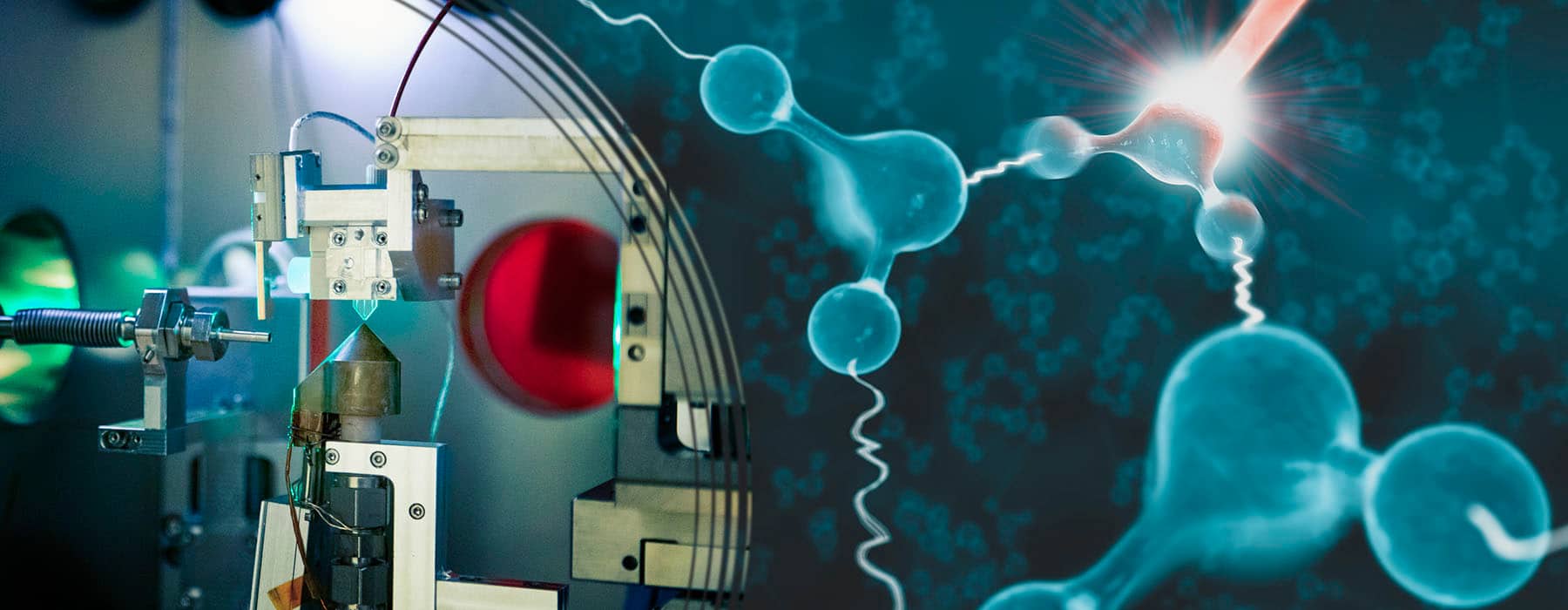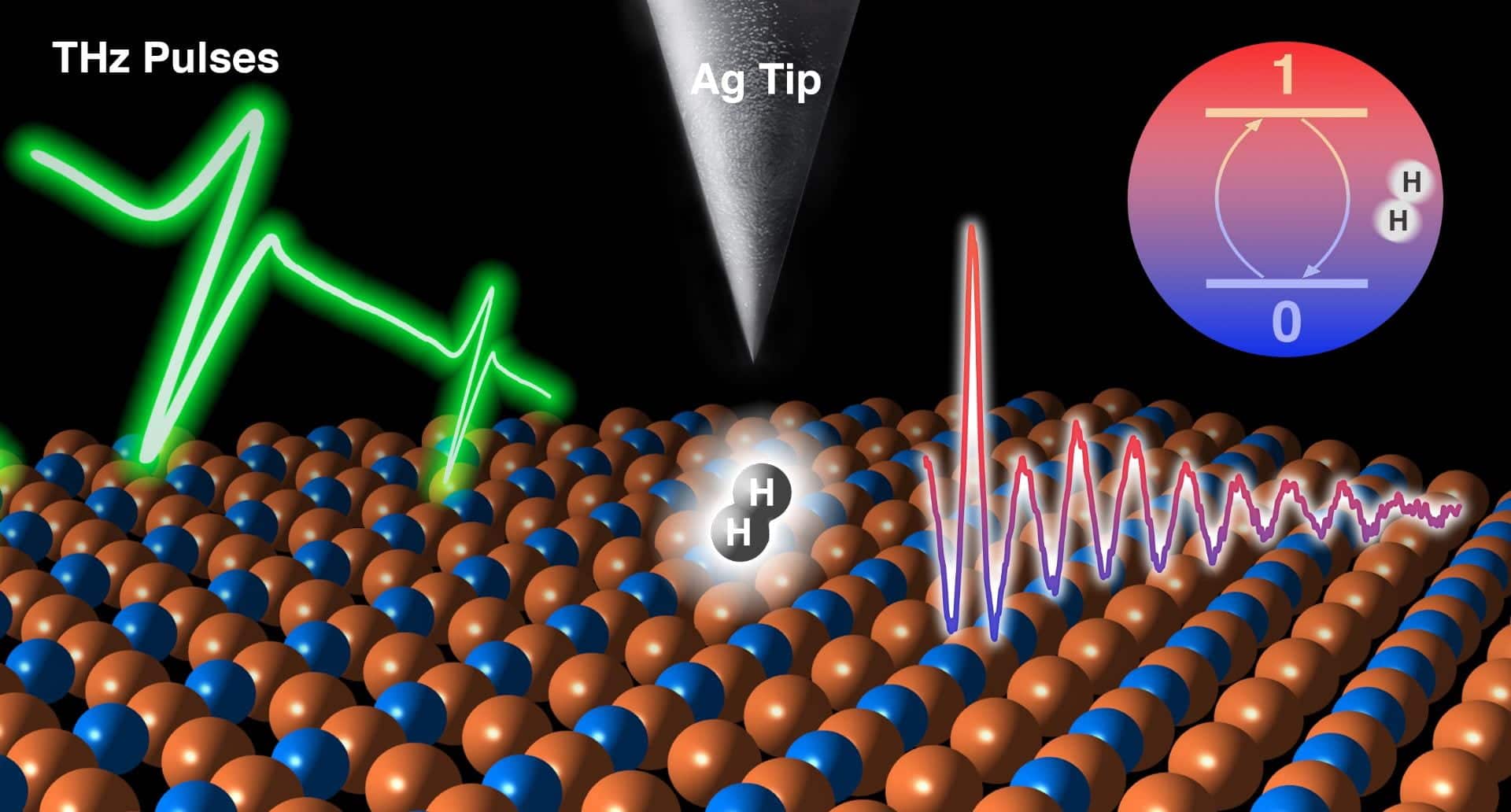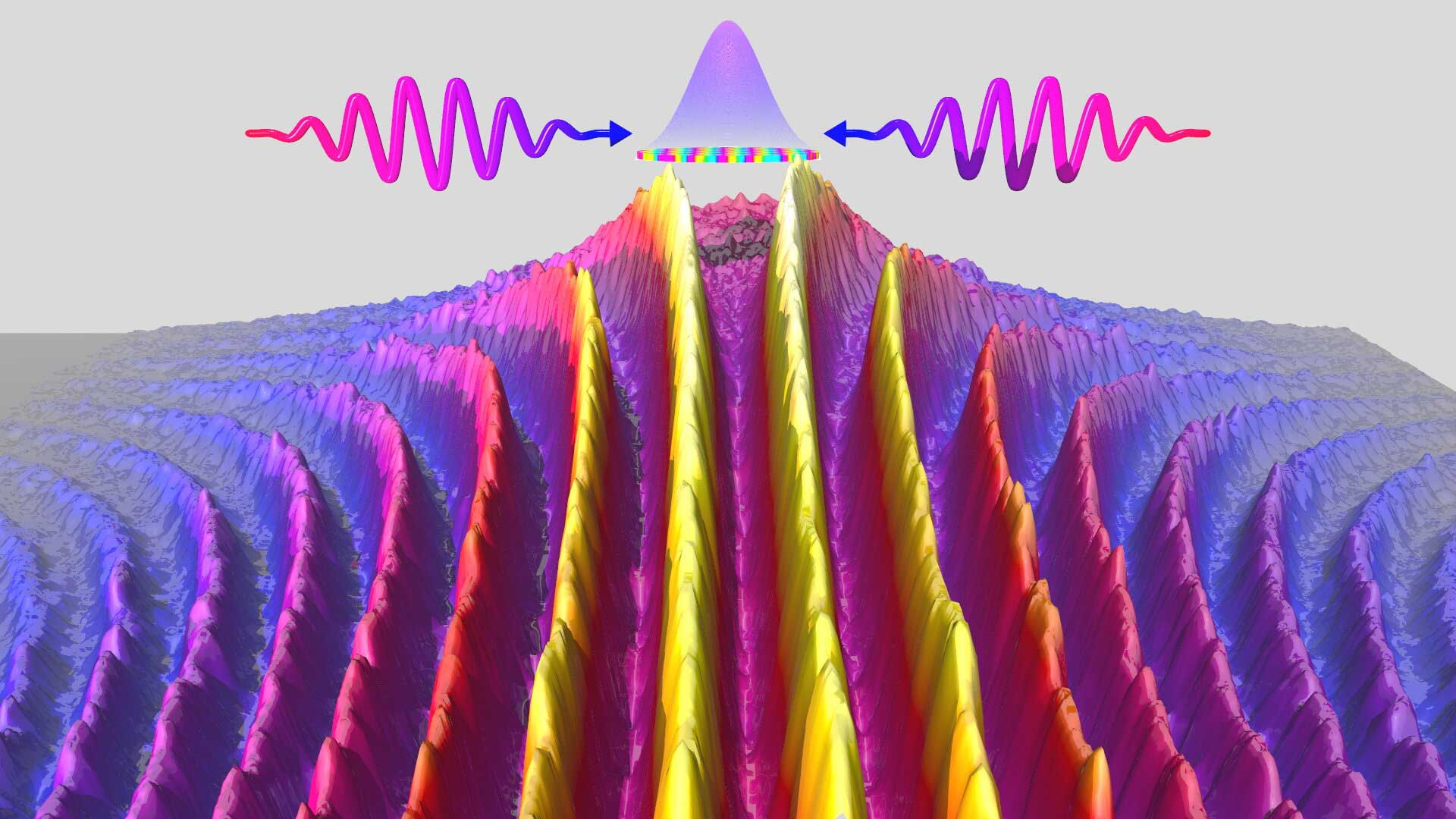The work sheds light on the web of hydrogen bonds that gives water its strange properties.




A team from Princeton University has successfully used artificial intelligence (AI) to solve equations that control the quantum behavior of individual atoms and molecules to replicate the early stages of ice formation. The simulation shows how water molecules transition into solid ice with quantum accuracy.
Roberto Car, Princeton’s Ralph W. *31 Dornte Professor in Chemistry, who co-pioneered the approach of simulating molecular behaviors based on the underlying quantum laws more than 35 years ago, said, “In a sense, this is like a dream come true. Our hope then was that eventually, we would be able to study systems like this one. Still, it was impossible without further conceptual development, and that development came via a completely different field, that of artificial intelligence and data science.”
Modeling the early stages of freezing water, the ice nucleation process could increase the precision of climate and weather modeling and other processes like flash-freezing food. The new approach could help track the activity of hundreds of thousands of atoms over thousands of times longer periods, albeit still just fractions of a second, than in early studies.

Although the electron is a quantum object, the classical description of its motion is appropriate for our experimental technique.
Strong-field physics fundamentally depends on high-harmonic generation, which converts optical or near-infrared (NIR) light into the extreme ultraviolet (XUV) regime. In the well-known three-step concept, the driving light field ionizes the electron by tunnel ionization, accelerates it away and back to the ionic core, where the electron recollides and emits XUV light if it recombines.
In this study, physicists replaced the first step with an XUV single-photon ionization, which has a twofold advantage: First, one can choose the ionization time relative to the NIR phase. Second, the NIR laser can be tuned to low intensities where tunnel ionization is practically impossible. This allows us to study strong-field-driven electron recollision in a low-intensity limiting case.

The interaction between electrons and light is the most fundamental interaction in physics. Scientists from Goethe University Frankfurt performed an experiment in which they observed the Kapitza-Dirac effect for the first time in full temporal resolution.
First postulated almost nine decades ago, the Kapitza–Dirac effect is a quantum mechanical effect consisting of the diffraction of matter by a standing wave of light. In its original description, the effect is time-independent.


What happens in nature in femtoseconds observed in milliseconds?

Researchers at EPFL and the Max Planck Institute have incorporated nonlinear optical phenomena into a transmission electron microscope (TEM), which uses electrons for imaging instead of light.
Nonlinear optics, the study of unpredictable light behavior in materials, has applications in various fields, from laser development to quantum information science. Integrating nonlinear optics into a TEM enables complex light interactions on a small chip, allowing for the miniaturization of devices in applications such as optical signal processing, telecommunications, sensing, and spectroscopy.